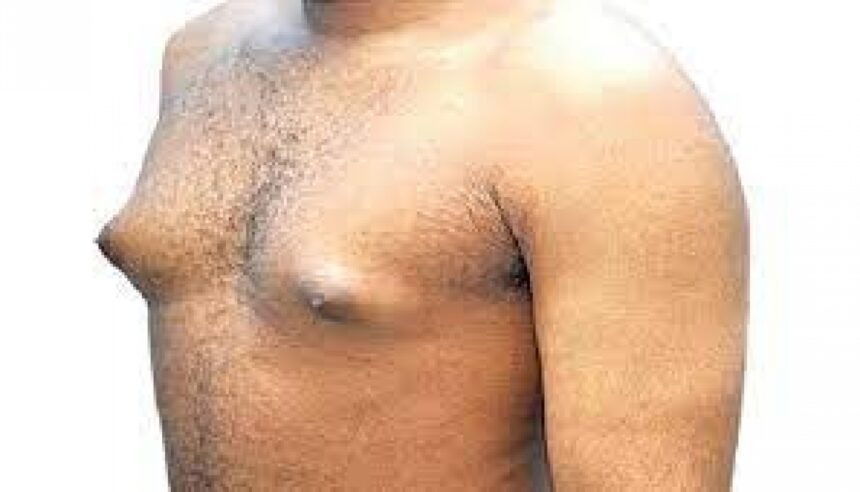Breast cancer has emerged as the leading cause of cancer-related deaths in Nigeria, affecting both men and women. While commonly associated with women, breast cancer does not discriminate by gender, and men, although less frequently diagnosed, are also susceptible to this life-threatening disease. The impact of breast cancer in Nigeria is significant, with the American Society of Clinical Oncology (ASCO) reporting that breast cancer accounts for 23% of all cancer diagnoses in the country and 18% of cancer-related deaths.
The high mortality rate associated with breast cancer in Nigeria can be attributed to a variety of factors, including limited access to healthcare, lack of awareness, late-stage diagnosis, and inadequate treatment facilities. Many cases are diagnosed at advanced stages, where the chances of successful treatment are greatly reduced. In a country where healthcare infrastructure is often underfunded, access to early screening and diagnostic tools like mammograms and ultrasound is not widespread, especially in rural areas. This lack of early detection services leads many patients to discover the disease only when it has progressed significantly, diminishing the efficacy of treatment and increasing the likelihood of fatal outcomes.
Cultural beliefs and stigmas also play a role in the challenges surrounding breast cancer awareness and treatment in Nigeria. There remains a stigma attached to cancer diagnosis, and many patients, especially in rural and conservative areas, may hide their diagnosis due to fear, shame, or social pressures. For men, the stigma is even more pronounced, as there is a widespread misconception that breast cancer is solely a female disease. This misconception leads many men to ignore warning signs or avoid seeking medical help until it is too late. Such delays in diagnosis can result in poorer prognoses and contribute to the high mortality rate associated with the disease.
The healthcare sector in Nigeria faces many challenges, including shortages in qualified medical personnel, equipment, and oncology facilities. Although there are efforts to address these gaps, the progress is often slow, and patients may need to travel long distances to receive adequate treatment. Furthermore, the cost of cancer treatment can be prohibitive, with many Nigerians unable to afford chemotherapy, radiation therapy, or surgery without substantial financial support. Health insurance coverage in Nigeria remains limited, and only a fraction of the population is able to access financial assistance for medical expenses, leaving many to bear the burden of cancer treatment alone.
To address the breast cancer crisis in Nigeria, there is an urgent need for a multi-faceted approach that includes increasing public awareness, promoting early detection, improving healthcare infrastructure, and expanding access to affordable treatment. Awareness campaigns are crucial for educating the public on the importance of regular breast exams, understanding risk factors, and dispelling the myths surrounding breast cancer, especially in men. Non-governmental organizations, healthcare providers, and policymakers are called upon to increase education efforts, encourage screening programs, and reduce stigmas associated with the disease.
Improving access to diagnostic tools and treatment facilities is also essential. Establishing more oncology centers and providing advanced diagnostic equipment in underserved areas could lead to earlier diagnosis and better outcomes. Government support in subsidizing cancer treatment costs or expanding health insurance coverage would also alleviate the financial strain on affected families, making life-saving treatments more accessible to all citizens.
Finally, research into the unique aspects of breast cancer in Nigeria, including genetic predispositions, lifestyle factors, and environmental influences, could offer valuable insights into prevention and treatment strategies tailored to the local population. Collaborative efforts between international organizations, the Nigerian government, and local healthcare providers have the potential to make a meaningful difference in combating breast cancer and reducing its impact on Nigerian society.









